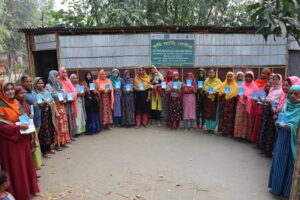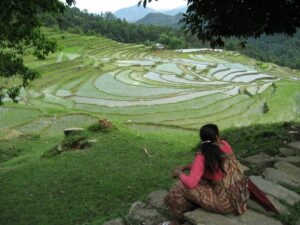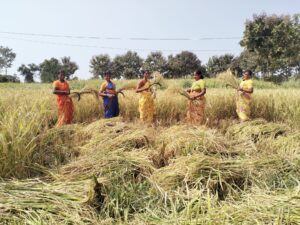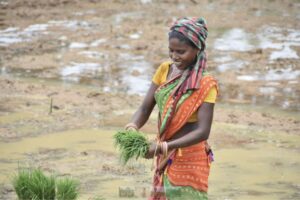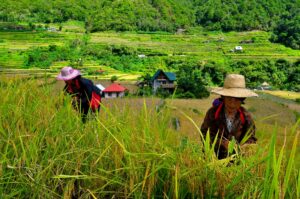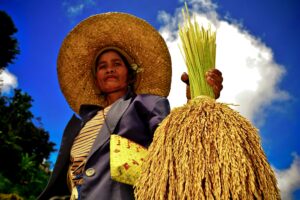by Marilia Magalhaes (Senior Research Analyst, Natural Resources and Resilience Unit, International Food Policy Research Institute), Niyati Singaraju (Postdoctoral Fellow – Gender Research, Sustainable Impact Platform, International Rice Research Institute), and Jawoo Koo (Senior Research Fellow, Natural Resources and Resilience Unit, International Food Policy Research Institute)

AI-generated agricultural advisories can help to overcome several challenges faced by traditional agricultural extension services. AI-based chatbots can provide timely information, reach farmers in distant places, make information more accessible by “translating” technical information into a more common language, provide context-specific information that improves through feedback mechanisms and increase access to knowledge for marginalized groups.
In turn, a chatbot that does not incorporate ethical, and fairness considerations can increase inequalities by tailoring knowledge only to the needs and capabilities of certain groups of farmers and excluding women and other vulnerable groups. Advisory services that do not take into account existing gendered inequalities in access to inputs and resources, differences in crop choices, gender roles and socials norms are likely to increase gender gaps in agriculture by addressing only the needs of men farmers. Therefore, chatbots need to be carefully designed to promote women’s empowerment and not reproduce gender biases of their sources, reinforcing discrimination.
The research question that guided this work is the following: How well do LLMs address women farmers needs in India? These needs include providing complete and context-specific information on available resources while promoting gender equality and women’s empowerment.

